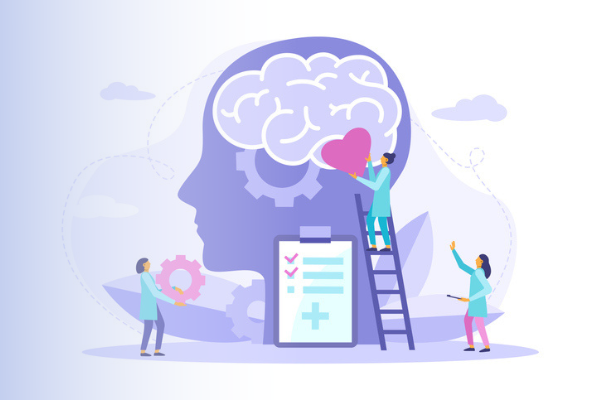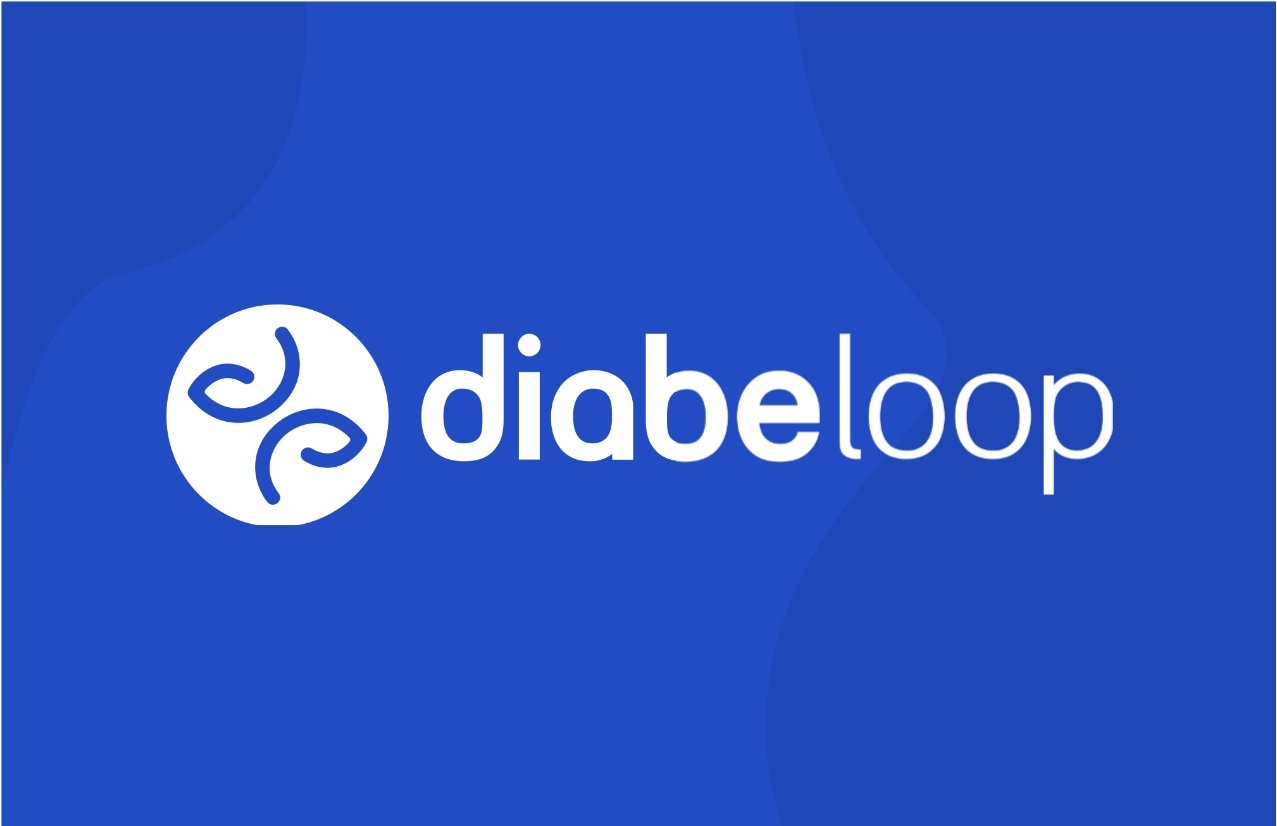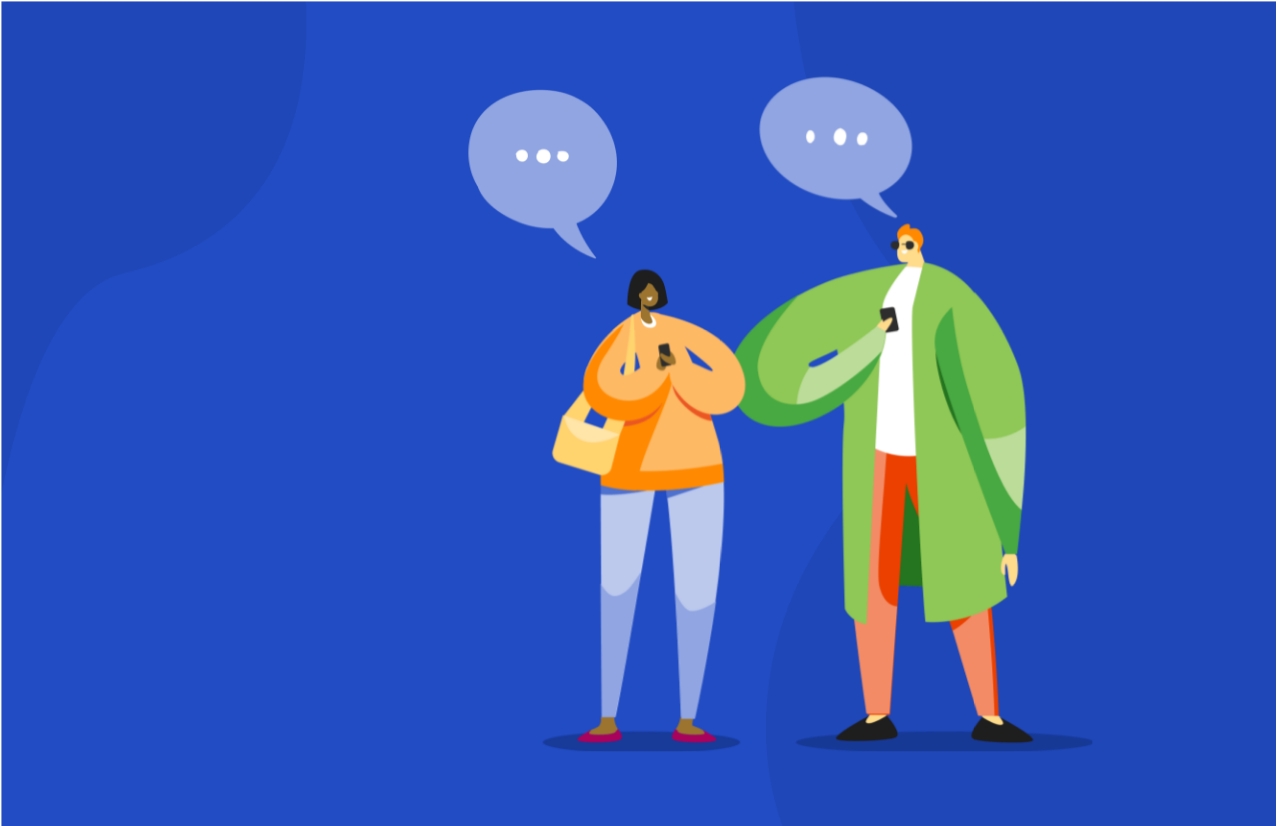Blog
3 Ways Scientists are Revolutionizing Mental Health Treatments

Maria Muccioli, PhD
Research Lead
Insights

It’s an exciting time in the world of mental health science. In recent years, researchers have made many advances, using innovative technologies and techniques to tackle old problems in new ways. This article highlights some of the most encouraging scientific developments in three different fields, and how they might someday yield new therapies for patients grappling with mental health issues:
#1. The Incredible Potential of Psychedelic Drugs
It’s one of the biggest stories in the world of mental health: psychedelic drugs, including LSD and psilocybin (“magic mushrooms”), are creating one treatment breakthrough after another.
These drugs, which act differently on the brain than previously approved pharmaceuticals, were first investigated as therapeutics in the 1950s and 60s. But the US government, fearful of their detrimental social effects, halted all clinical research. For decades there was virtually no progress made.
Things have changed, and now labs are racing to put psychedelics to the test. Here are some of the most exciting findings so far:
-
MDMA, the club drug “ecstasy,” has shown the ability to cure long-standing post-traumatic stress disorder (PTSD) when administered during therapy sessions.
-
Early research suggests that psilocybin may have game-changing potential to treat substance abuse and alleviate depression.
-
Psychedelics appear to promote brain neuron regrowth, which could address schizophrenia and other mood disorders associated with physical changes to the brain’s circuitry.
-
LSD seems to improve a broad array of psychiatric issues, especially alcoholism.
Most of these studies are still very preliminary; it will likely be years before most of these novel treatments are available to the general public. But one breakthrough psychedelic has already hit the market. That’s ketamine, “the first truly new medication for major depression in decades.”
Ketamine, originally used as an anesthetic by veterinarians, became an illegal recreational drug over time—it induces a dissociative and hallucinogenic state similar to that of LSD. At the right dosage, though, it is remarkably good at treating depression: the FDA expedited its approval because it was found to be so effective for people that didn’t respond to other drugs.
These drugs come with risks—the phenomenon known as a “bad trip” is definitely real, although it seems less likely to occur in a controlled clinical setting. And, like any other pharmaceutical, there may be contraindications and negative long-term effects. Psychedelics are usually not just a pill you can take with your morning coffee: they are typically administered in a kind of guided therapy session. That complexity means that it will take some work to tease out who is most likely to benefit, how to maximize the potential benefits, and how to minimize the risks. But many experts believe that ketamine is just the beginning, and that soon the floodgates will open up for more psychedelic therapies.
#2. The Gut-Brain Axis: Why the Microbiome is So Surprisingly Important to Mental Health
You may already be familiar with the microbiome, the community of trillions of microorganisms that live within your body. Scientists have just begun to scratch the surface in understanding the many ways these tiny cells affect our health—especially in your gut.
It turns out that the connections between the brain and the gut microbiome are mind-bogglingly numerous and complex, and the communication channels go both ways. In good times, the gut and the brain help keep each other in balance. But in bad times, the microorganisms in your gut can cause brain distress directly, and vice versa.
It may come as no surprise that mental health challenges can result in belly discomfort—at a minimum, we’ve all felt butterflies in our stomach, if not more serious problems. But doctors have been amazed to discover the many hidden ways that gut microbiome health directly impacts mental wellbeing.
Here’s just a smattering of the surprising connections that have been elucidated in recent years:
-
The gut microbiome may play a crucial role in the development of schizophrenia—and the condition may one day be treated with probiotic diets or even fecal transplants.
-
Early studies have found that patients with obsessive-compulsive disorder (OCD) may exhibit a disordered gut microbiome.
-
Alterations in the gut microbiome provoke “core symptoms” of ADHD in children and adolescents with the condition, as well as associated issues such as sleep disorders.
-
Anorexia, the debilitating and deadly eating disorder, may be a metabolic disorder as much as it is a psychological one.
-
The gut microbiome has an influence on how babies experience fear – and the same may go for adults.
The science on this topic is truly in its infancy, but those in the know are incredibly excited by the possibility that we can treat the brain by first treating the gut. Perhaps we’re only years away from the mainstream rise of “psychobiotics,” probiotics that promote mental health improvements by changing a patient’s gut flora.
#3. How Artificial Intelligence is Changing Mental Health Treatments
What makes one psychotherapist better than another? Which talk therapy techniques work best? Until now, we had to rely primarily on the experience and intuition of professionals to answer these questions, with mixed results. But now we have the ability to start to address these issues objectively.
We can thank artificial intelligence (AI), specifically machine learning, the process by which computers take data and learn from it, getting smarter and smarter as they go. Machine learning algorithms can work with data sets far too large for any one person, and do it almost instantly.
Imagine taking the millions of words that pass between hundreds of therapists and their thousands of patients, and plugging them all into a computer for analysis. Machine learning programs can analyze the words used in therapy sessions and find correlations between specific phrases and outcomes, potentially improving the quality of both diagnoses and treatments by finding subtle cues or warning signs that a human would miss. Forward-thinking mental health service providers are betting that AI will enable their psychotherapists to deliver more targeted treatment, and to do it more efficiently.
That’s just the start of it. Here are a handful of other machine learning innovations in the mental health world:
-
Wearable health devices provide immense amounts of valuable day-to-day health data for analysis. Sleep monitors, for example, could help providers swiftly adjust treatment options for people with issues that are associated with sleeping problems, such as bipolar disorder.
-
Computers are better than trained professionals at recognizing some mental health warning signs. In one study, machine learning programs accurately distinguished real suicide notes from fakes better than human professionals could.
-
AI can also help train counselors by creating complex role-playing simulations—an especially welcome function when so many mental health organizations are strapped for staff.
-
Providers are also designing AI chatbots, like Woebot, that can provide instant adaptive advice for people struggling with addiction.
-
AI can help predict the development of mental health disorders by improving the design and analysis of mental health screening tools.
If it sounds a bit like mental health providers are trying to offload difficult work onto computers, don’t forget that there’s a major national shortage of doctors and therapists to treat mental health conditions. The shortfall was called a “crisis” even before the pandemic sent mental health complaints skyrocketing. There just aren’t nearly enough mental health providers to keep up with the demand.
Experts hope that AI can help address patients’ needs more efficiently, helping the experts to deliver appropriate personalized therapy more quickly. Machine learning may help mental health treatment become less of an art and more of a science, precision medicine that will get patients the more accurate help, and get it faster than ever.
About the author

Maria Muccioli, PhD
Research Lead
Maria brings clinical research expertise to her work overseeing healthcare market research programs for Thrivable customers. She earned a PhD in Molecular and Cellular Biology from Ohio University and was also a postdoctoral researcher at the Ohio State University and a fellow at the Brigham and Women’s Hospital and Harvard Medical School.





